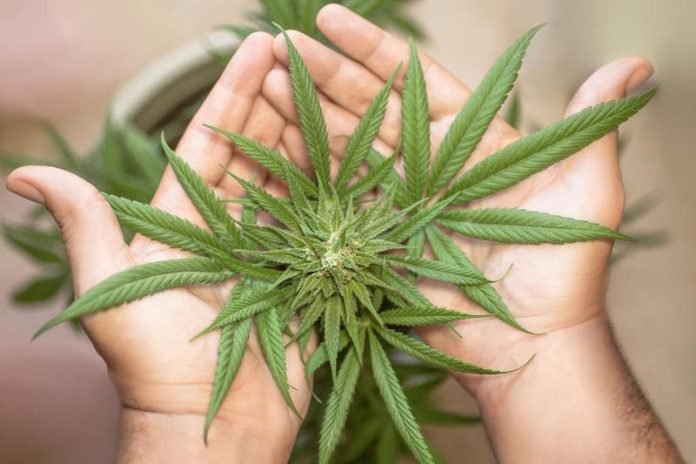
Scientists from Karolinska Institutet found that cannabis use is linked to an increased risk of other illicit drug use as well as of anxiety and depression—at least among those who have used cannabis during the 2000s.
They also found that cannabis-related diagnoses have gradually increased, especially in young adults and more commonly in men with less education, lower incomes and other psychiatric diseases.
The research is published in Drug and Alcohol Dependence and was conducted by Rynaz Rabiee et al.
Over 200 million people around the world use cannabis, a psychoactive substance that affects brain function, human behavior and consciousness.
However, current knowledge about its use in relation to mental health is inconclusive.
In the study, the team examined the link between the use of cannabis and other illicit drugs and subsequent drug use disorders among more than 9,700 adults over a period of 16 years.
The results showed that cannabis use was not an independent risk factor for drug use disorders.
The team says the association between cannabis use and subsequent drug use disorders rather seems to be explained by other drug use. Cannabis use was linked to an increased risk of other drug use at the three-year follow-up.
The team found the risk of other drug use was highest among those who had used cannabis in the past year; almost ten times higher than among those who never used drugs.
They also examined the connection between cannabis use and anxiety and depression over time among 1,100 women born between 1955 and 1993.
They found that the youngest women who had used cannabis had over two times higher risk of being diagnosed with depression than those who did not use cannabis.
This association was stronger when they added the effect of when these women used cannabis.
The researchers also looked more closely at individuals who had received a cannabis-related diagnosis in Sweden using data from the National Patient Register for over 3.3 million people born between 1970 and 2000.
They found that cannabis-related diagnoses have gradually risen in Sweden and that younger people are driving the increase.
In 2006, six per 100,000 those born 1990–1994 had such a diagnosis, compared to 61 per 100,000 in 2016.
An increase was seen also among those born in 1995–2000; from nine per 100,000 in 2010 to 107 per 100,000 in 2016.
People receiving such a diagnosis were more often men from younger age groups and with a lower level of education and income than those without a diagnosis. A majority also had an additional psychiatric diagnosis.
The thesis also covered factors that could influence the risk of readmission to cannabis-related care.
The team says more knowledge about the health effects of cannabis use is needed for well-informed decisions to be made by medical and public health professionals.
If you care about mental health, please read studies about how ketamine prevents depression, and this stuff in gut linked to depression, bipolar disorder.
For more information about mental health, please see recent studies about therapy that could benefit people with depression and chronic pain, and results showing doing this could reduce depression relapse.
Copyright © 2022 Knowridge Science Report. All rights reserved.



